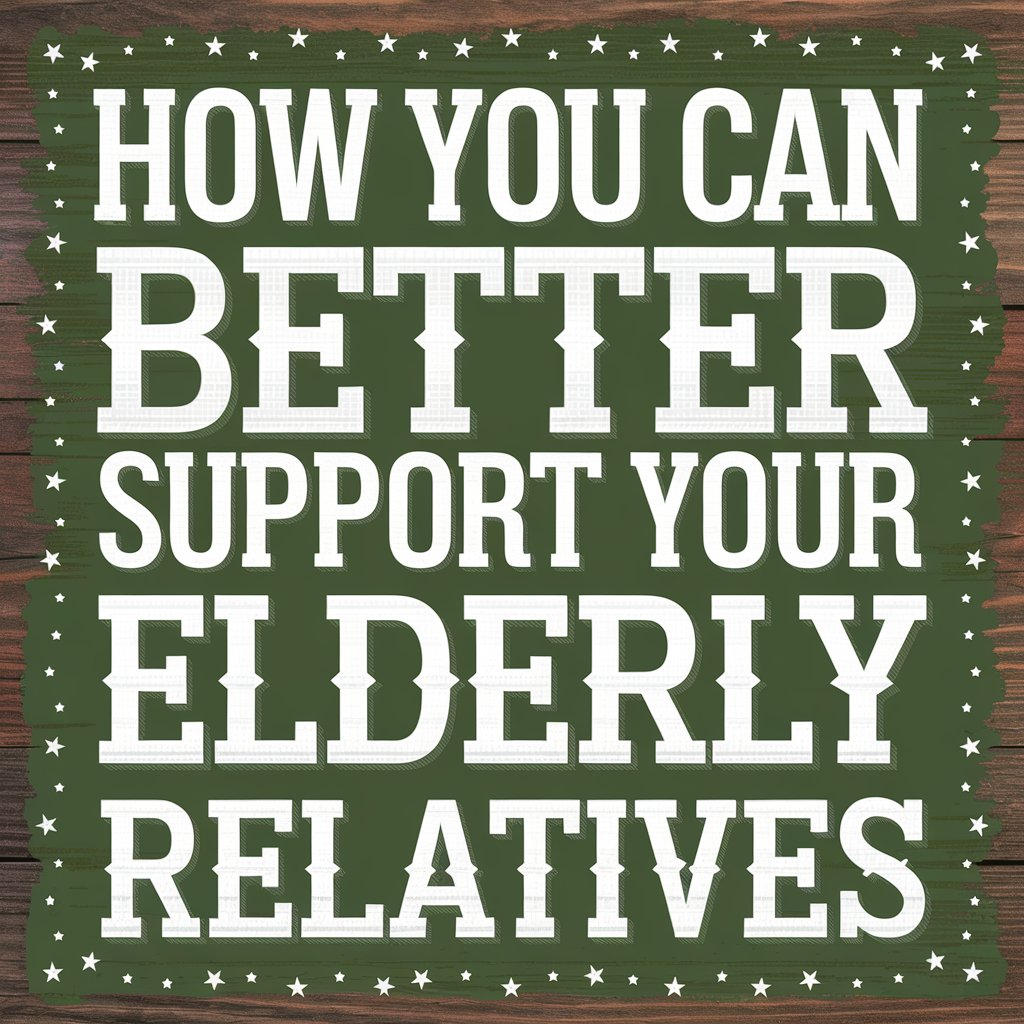As your relatives grow older, their needs often change, and it’s important for families to provide the right level of care, attention, and support to help them enjoy their later years with dignity and comfort. Whether they require help with daily tasks, companionship, or medical care, ensuring their well-being is one of the most loving responsibilities you can take on.
Keep reading to learn some ways you can better support your elderly relatives.
- Stay Connected
Loneliness and isolation are common issues for older adults, especially if they live alone or have lost friends or partners over time. Regular communication can greatly enhance their mental well-being and sense of connection. This means you need to make time for regular visits. Spending time with your elderly relatives is one of the most meaningful ways to support them. Whether it’s weekly visits, family gatherings, or short coffee breaks, consistent in-person interaction helps them feel valued and cared for.
If distance prevents you from visiting often, frequent phone calls or video chats are great alternatives. Technology can be a wonderful tool for maintaining connections, even from afar. Teaching them how to use devices for communication can help bridge the gap between visits.
- Offer Emotional Support
Offering support is going to help your relative immensely. Sometimes, the most valuable support you can offer is a listening ear. Many older adults appreciate sharing their thoughts, feelings, or concerns with someone they trust. Be patient, empathetic, and open to discussions, especially around health, aging, and any changes they might be experiencing.
- Help with Daily Living
As people age, they may experience challenges with everyday tasks, such as cooking, cleaning, shopping, or managing medication. If you can help with these tasks, they can still live a good quality of life. There are lots of options available to help, even if you don’t live close by to do any of this in person. If you can’t come over and cook for them every night, offer to arrange meal delivery services. You can set up virtual reminders to ensure they take their medication, too, or even ring them up daily to remind them. Additionally, you can also consider taking the assistance of experts, such as those from new century home care, or similar other ones, for professional care services. This can offer you peace of mind knowing they are receiving the best possible care, even when you can’t be there yourself.
- Encourage Social Engagement and Activities
Staying active and socially engaged is essential for mental and physical health, particularly for elderly individuals. Encourage your elderly relatives to remain involved in social activities, hobbies, and community events that interest them.
If your elderly relative can no longer drive or struggles with transportation, help them arrange visits with friends or family. Social interaction can improve their mood and reduce feelings of loneliness.
- Pay for Them to Live in One of the Best Care Homes
Sometimes, despite all efforts to provide support, elderly relatives may require more comprehensive care than can be provided at home. In such cases, moving them into a care home can be a compassionate and beneficial decision. Choosing one of the best care homes ensures your relative is in a comfortable, safe, and supportive environment tailored to their needs. Moving a loved one into one of the Maven House care homes in Melksham and paying for them to live here can provide immense peace of mind, knowing they are receiving the highest care, safety, and attention. It also allows family members to spend quality time with their loved ones without the stress of managing their full-time care needs.
To pay for this, consider:
- Long-term care insurance: If your relative has long-term care insurance, it may cover part of the costs associated with care homes.
- Pension and retirement savings: Many families use their elderly relatives’ pension or retirement savings to pay for care home fees.
- Family contributions: Some families opt to pool resources to cover the cost of a care home.
- Government assistance: Depending on where you live, there may be government programs or subsidies to help cover the cost of care homes.
- Help Manage Healthcare and Appointments
As your elderly relatives age, managing healthcare appointments, medications, and treatments may become more complex. Helping them navigate the healthcare system ensures they get the medical attention they need. Offer to accompany your relatives to doctor’s appointments. This allows you to help with understanding medical advice, ask questions on their behalf, and ensure their concerns are addressed.






